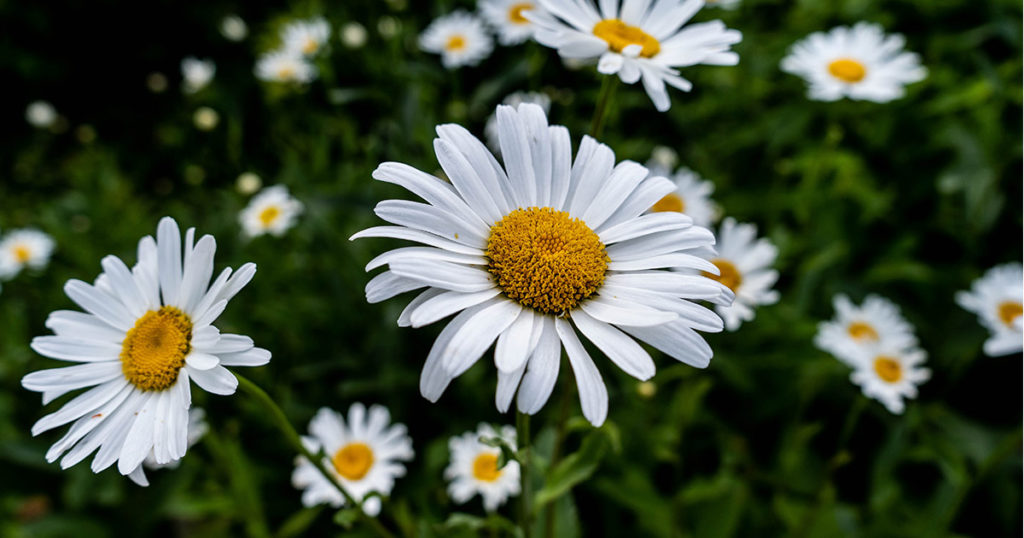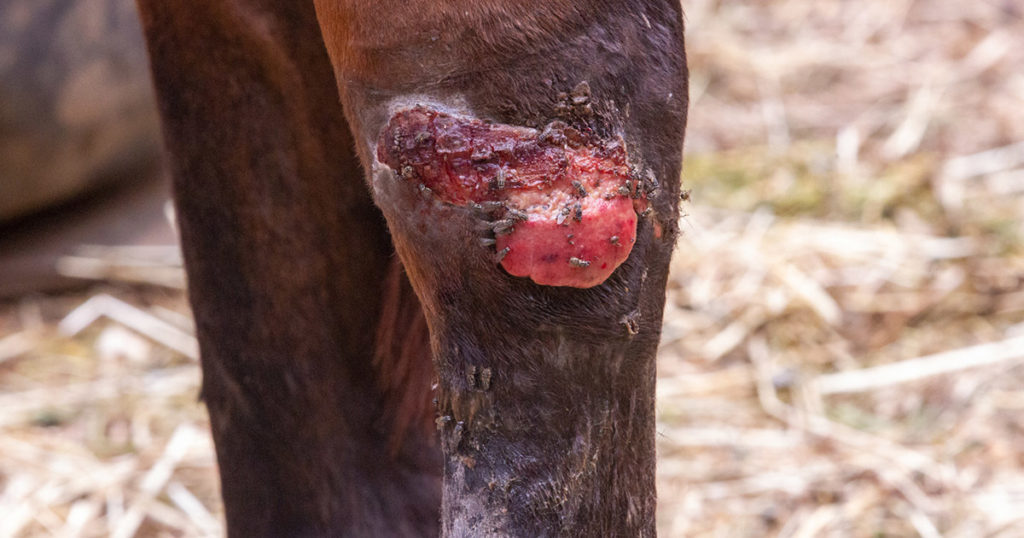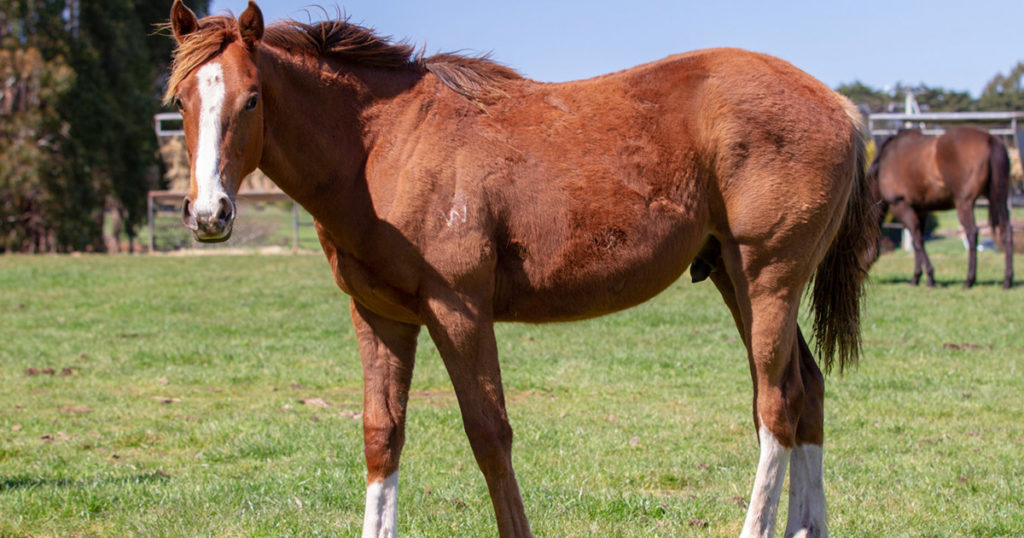One of the most often talked about and popular types of supplements on the market are those used with the intention of helping to ‘calm’ the horse.
The quality of these supplements and ingredients contained within them vary greatly. Many contain nutritional and/or herbal constituents such as: magnesium, tryptophan, B group vitamins, chamomile and valerian.
But do these actually work?….
Supplementation is only advisable where there is an understanding of how they will help achieve specific therapeutic treatment aims. They should not be used to replace poor management practices. Before using a calming supplement, the following needs to be asked and addressed: does the horse have good gastric health; is the horse being exercised frequently; is the horse in pain; does the saddle fit correctly; do the horse and rider capabilities match; is the rider relaxed when riding? Without addressing primary root causes, truly effective results will never be obtained by any supplement. Any benefit derived from the supplement will be a poor ‘band-aid’ fix.
For a supplement to be truly effective, it needs to be given in sufficient quantities (often, to achieve a therapeutic effect, the actual amount of the supplement required by the horse is much greater than the dose suggested on the label.) It also needs to be given in a form which the horse can readily digest, absorb and metabolise. It needs to contain sufficient ‘active constituents’ (the actual parts of the supplement which exert a biological effect). Many commonly available products, (especially those with herbal ingredients), actually have minute amounts of these very important active constituents.
For racehorses and performance horses/ponies competing at a high level, the use of specific herbs are not permitted in competition. Many of these herbs are those commonly used in calming products.
When selecting a supplement, the question needs to be asked ‘why are you adding it?’. Have you adequately identified and addressed all possible reasons as to why you feel your horse needs it?
Supplements should only be added to the diet when you can confidently answer the questions: why you are using them; what specific modes of action they are targeting; and what therapeutic goals will they achieve?
Specifically indicated nutrients and herbs can be extremely valuable to use in some cases of anxious or stressed horses. The correct selection and and application of appropriate herbs and nutrients is key to efficacy: always remembering that they do not replace good feeding, riding and management practices.

Camilla Whishaw is a highly regarded, experienced horsewoman and naturopath, helping to holistically treat and manage a broad range of equine health conditions and injuries, with a passion for mare and stallion fertility.
As a world-renowned practitioner, presenter, author, and consultant in the field of Equine Naturopathy, Camilla shares her knowledge through keynote presentations, interviews, lectures, panel sessions, and workshop training.




